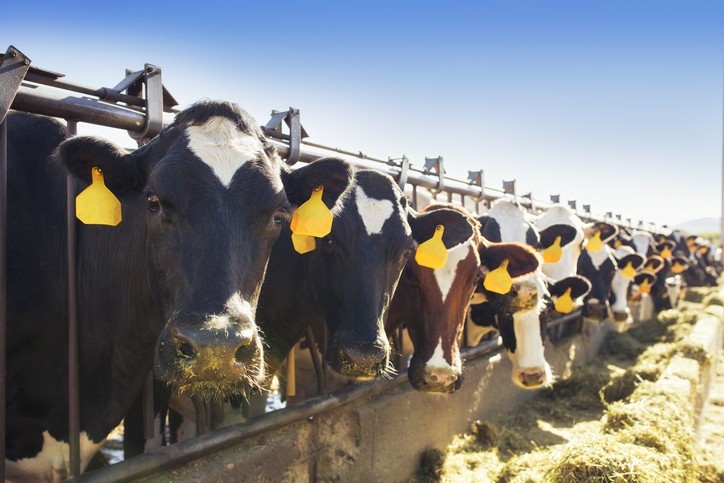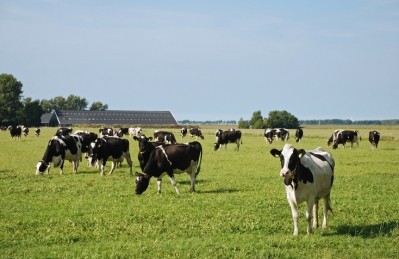Cargill backed Cornell University lab upgrade aimed at controlling methane emissions in cattle

Four climate-controlled respiration chambers, first of their kind to be built in the US, will help ensure Cornell and industry researchers can study methane production in dairy cattle and other livestock.
“These chambers are important because they’re the most accurate, gold-standard approach to measure methane emissions from dairy cattle,” said Joseph McFadden, associate professor of dairy cattle biology in the College of Agriculture and Life Sciences (CALS). “You can measure methane using other types of equipment, but they’re less accurate, or they don’t measure all the greenhouse gases animals emit or consume, and they don’t allow you to control the environment.”
Funding sources
Cargill provided $355,000 toward the respiration chamber system. The Genesee Valley Regional Market Authority, a local authority of New York state that supports agriculture in nine western New York counties, provided $200K, and CALS and the Department of Animal Science are providing about $150K.
The respiration chambers are individual climate-controlled rooms made of stainless steel with glass windows. Cornell’s system will be composed of four individual units, each big enough to comfortably hold one cow, a couple of sheep or multiple chickens. Researchers will use the new facilities to understand how animals respond to changes in their diet – with the goal of optimizing livestock nutrition for efficient milk and meat production, minimum greenhouse gas emissions and nutrient waste, and enhanced animal health.
Nutritional modeling software
Insights gained from the research will be used to update Cornell’s nutritional modeling software, Cornell Net Carbohydrate and Protein System, which helps farmers predict their animals’ feed requirements under farm-specific environmental and nutritional management conditions. The software is used to feed roughly 75% of cows in New York state and 65% of cows in North America, and it’s been adopted in more than 20 countries globally, McFadden said.
“The dairy industry is not one of the main contributors to climate change; the big contributors are fossil fuel use: electricity generation, transportation and industry,” he continued. “Although dairy is a small contributor, we need solutions that reduce greenhouse gas production in all sectors while ensuring the availability of nutritious animal-sourced foods for the consumer and the protection of healthy ecosystems.”
Mark Lueking, regional managing director for North America at Cargill Animal Nutrition and Health, said this research into limiting greenhouse gas emissions in livestock, using such chambers, will benefit the animal agriculture industry and will enable the development of innovative solutions to reduce the sector's carbon footprint.
The respiration chamber will be built and installed in spring 2022 by No-Pollution Industrial Systems, an engineering firm based in Scotland.














